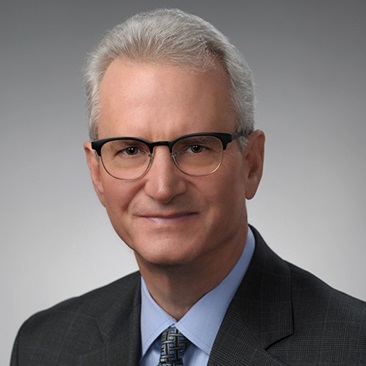full-time faculty teaching and conducting research in political science
of Maxwell faculty conduct research focused outside of the U.S.
graduate students in residence; fewer than 12 admitted each year
Undergraduate Studies
Graduate Studies

I am Maxwell.
Civic engagement is a core value for me. I have always aspired to help the communities I’m from.” Mazaher Kaila, a Maxwell alumna and third-year student at Syracuse University's College of Law, moved with her family from Sudan to Central New York when she was four years old. “I realized that to make meaningful change in society, I needed to understand the systems that power it—government and politics—and that’s insight I would gain by studying political science.”
Mazaher Kaila ’19, L’22
political science, law
Black representation and the popular legitimacy of the Federal Reserve
Daniel McDowell, David A. Steinberg
European Journal of Political Economy, December 2024
The Federal Reserve has started paying closer attention to matters of race over the last decade. The central bank has increasingly emphasized the distinct economic challenges facing racial minorities, and its leadership has become more racially diverse.
This paper applies theories of descriptive and substantive representation to understand how these shifts are likely to impact the popular legitimacy of the Federal Reserve. We hypothesize that greater Black descriptive and substantive representation improves Black Americans' confidence in the Federal Reserve. We also anticipate that political ideology moderates how white Americans respond to the increases in Black representation within the Federal Reserve, with white conservatives responding less favorably to these changes than more left-leaning whites.
Analysis of data from two original survey experiments with separate samples of 3000 Americans, split evenly between Black and white respondents, supports our expectations. Information about substantive and descriptive representation at the Fed has a strong impact on Black Americans' perceptions of the institution. We also find that these changes at the Fed boost white liberals' views of the Fed but have little impact on white conservatives’ attitudes about the central bank.
Related News
Commentary

Jul 31, 2024
Commentary

Jul 30, 2024
Commentary

Jul 29, 2024
BaoBao Zhang Joins First Cohort of AI2050 Early Career Fellows
One of only 15 scholars chosen from across the U.S., Zhang will receive up to $200,000 in research funding over the next two years. Zhang will use the funding to partner with the nonprofit, non-partisan Center for New Democratic Processes to test whether public participation in AI governance is increased through the creation of public assemblies, known as “deliberative democracy workshops.”
Baobao Zhang
Assistant Professor, Political Science Department

Black representation and the popular legitimacy of the Federal Reserve
Daniel McDowell, David A. Steinberg
European Journal of Political Economy, December 2024
The Federal Reserve has started paying closer attention to matters of race over the last decade. The central bank has increasingly emphasized the distinct economic challenges facing racial minorities, and its leadership has become more racially diverse.
This paper applies theories of descriptive and substantive representation to understand how these shifts are likely to impact the popular legitimacy of the Federal Reserve. We hypothesize that greater Black descriptive and substantive representation improves Black Americans' confidence in the Federal Reserve. We also anticipate that political ideology moderates how white Americans respond to the increases in Black representation within the Federal Reserve, with white conservatives responding less favorably to these changes than more left-leaning whites.
Analysis of data from two original survey experiments with separate samples of 3000 Americans, split evenly between Black and white respondents, supports our expectations. Information about substantive and descriptive representation at the Fed has a strong impact on Black Americans' perceptions of the institution. We also find that these changes at the Fed boost white liberals' views of the Fed but have little impact on white conservatives’ attitudes about the central bank.
Related News
Commentary

Jul 31, 2024
Commentary

Jul 30, 2024
Commentary

Jul 29, 2024

